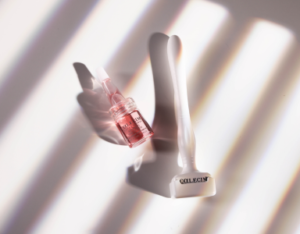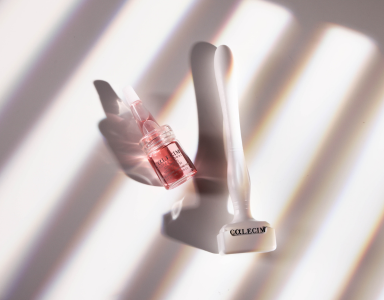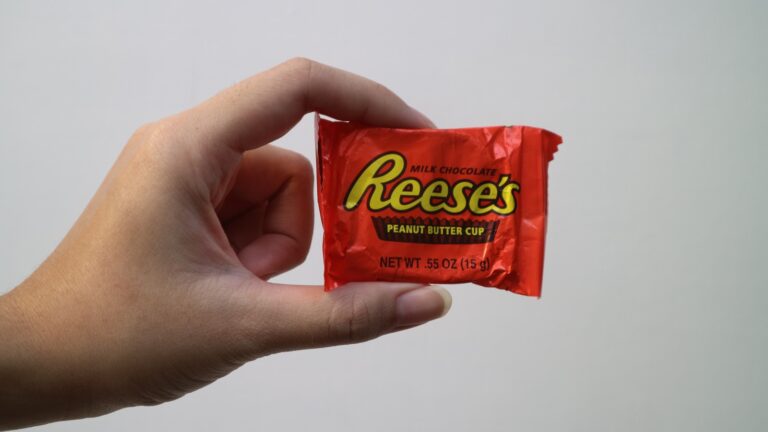
It’s on your pizza, in your Caprese salad, and melting out of your fried cheese sticks. Yes, you guessed it — mozzarella cheese. Derived from either cow’s milk or buffalo’s milk, what makes mozzarella cheese so unique is its elasticity, which is born from a careful heating and cooling process that involves the right amount of pH and calcium in the curd, according to a 2021 scientific review published in Food Technology & Biotechnology.
As we already know, 1 cup of whole milk contains 300 mg of calcium (per USDA). In 1 cup of shredded mozzarella cheese, however, you’ll get 566 mg of calcium, reports the USDA. You’ll also get the added benefits of nearly 400 mg of phosphorus, approximately 85 mg of potassium, 22.4 mg of magnesium, and roughly 25 grams of protein. That being said, 1 cup of mozzarella cheese made with whole milk also contains a fair amount of sodium, 544 mg to be exact. For comparison, 1 cup of whole milk has 92.7 mg of sodium. The U.S. Food & Drug Administration advises limiting daily sodium intake to no more than 2,300 mg. Knowing this, just 1 cup of mozzarella cheese gets us nearly one-quarter of the way there. Therefore, it is best consumed in moderation.























